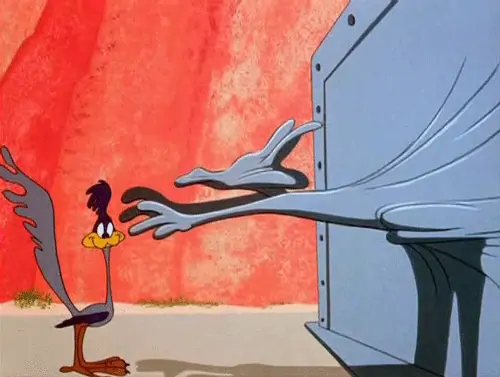Understanding Volunteer Fire Department Roles and Personalities
Walking into a volunteer fire department, there’s more variety than people expect. Personalities run wide—from the loud leader to the worker who keeps his head down and never fusses. Each person brings a background that helps build the fire department community. Some come from families with deep department tradition, others join on their own, drawn by local pride. It doesn’t matter how they get here; every role matters.
No one in a city fire station is just a face in the crowd. Some are volunteer firefighter roles that shape the group’s mood—always ready to step up if an alarm goes off or show up for a community event. Uniformed guys might have different skills but share frontline service and a sense of purpose.
Most Americans live in small towns, and in these places, volunteer fire departments cover the majority—especially communities with less than 50,000 people. This detail is backed up by CDC data, underlining how small-town security relies on local teams. That’s how firehouse camaraderie grows into real trust, and fire station guys turn into community heroes. Every time the bell rings, the whole town feels safer.
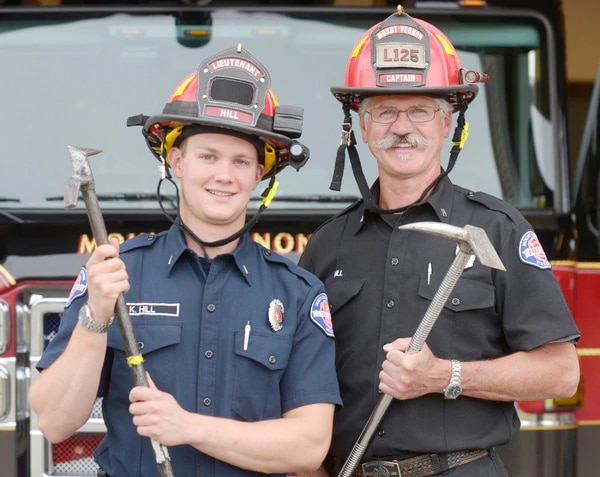
The Proud and Reluctant Legacy: Tradition at the Fire Station
Family ties hold a special weight in many volunteer fire departments. Legacy firefighter types often grow up with the smell of smoke and the stories of past calls. Some talk about it all the time, proud to carry on the badge, while others do the work quietly, always showing up but never boasting. Either way, these men build on a sense of honor passed down through years. The firehouse politics shift with every new crew, but tradition sticks close. No matter the personality, these men remind everyone why the job matters.
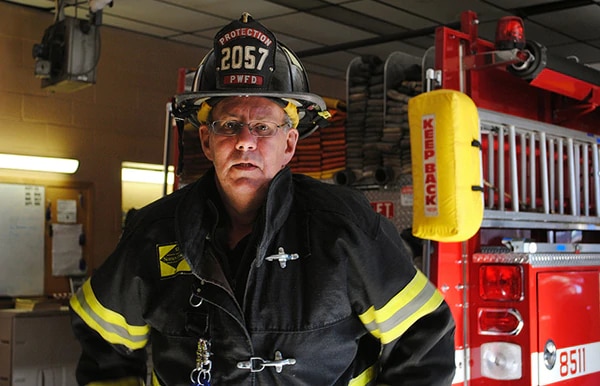
The Night Security Guard and Overwhelmed Rookie: Unique Firefighters You’ll Meet
Every department ends up with a night security guard type, the guy pulling double duty. He's used to night shifts and brings the skills of watching over things when others are home asleep. You’ll also meet the rookie—brand new to volunteer firefighting, unsure of firehouse camaraderie, and sometimes buried in doubt. He hustles to learn the ropes but stays quiet in group talks, learning team roles fast, slowly fitting in. Together, these personalities shake up volunteer commitment, forcing the more experienced to step in and guide them. Common firefighter archetypes include:
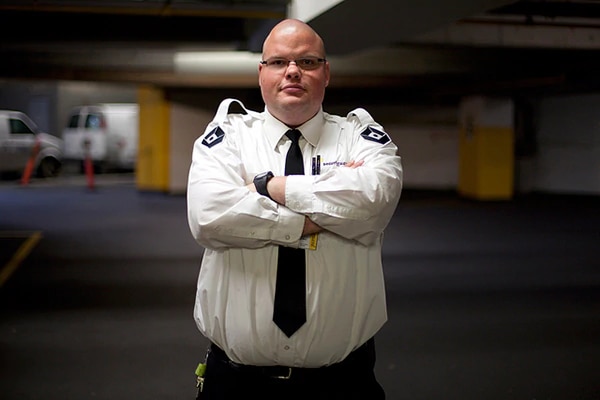
- Legacy firefighter
- Night guard
- Overwhelmed rookie
- Old guard traditionalist
- Modern risk-taker
It’s this mix that keeps working at a fire station unpredictable but never dull.

Breaking Stereotypes: Women Firefighters and Modern Archetypes
Firehouses aren’t all men anymore. Women firefighters are part of the team, pushing the group to drop old ideas. Some of these female firefighters hit every training mark. Others lead with empathy or quick thinking, challenging every firefighter personality type around them. Diversity grows. New archetypes show up, like the ‘not-a-guy guy’ who skips labels and brings calm logic. Department tradition changes when teams see that bravery and skill show up in all shapes. Clear examples:
- Female firefighters in frontline service
- Openly inclusive team leaders
- Members who switch day/night shifts smoothly
- Support-focused volunteers over “macho” types
- Bridge-builders who reduce firehouse politics
Modern volunteer firefighting isn’t about fitting a mold. It’s about building a fire department community that leaves no one on the outside. Learn more about changing expectations in the related page.
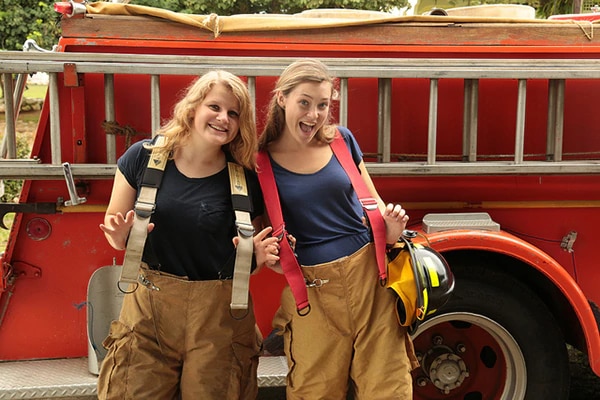
“Old Guard” and “Vested” Types: Navigating Change at the Station
Times don’t stand still, especially inside a firehouse. Some local firemen—the old guard—push back against new training or tech, guarding tradition and resisting new policies. Then there’s the vested guy, in it for years and now just counting months to retirement. They set a tone that can pull others backward or freeze progress. What stands out:
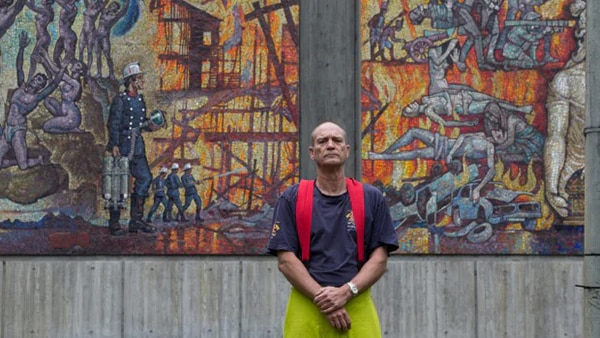
- Sticking to “used to” ways
- Questioning all change
- Letting routine outweigh action
- Carrying old department grudges
- Focusing on pension more than volunteer commitment
These shifts in attitude affect morale and growth more than most outsiders realize.
